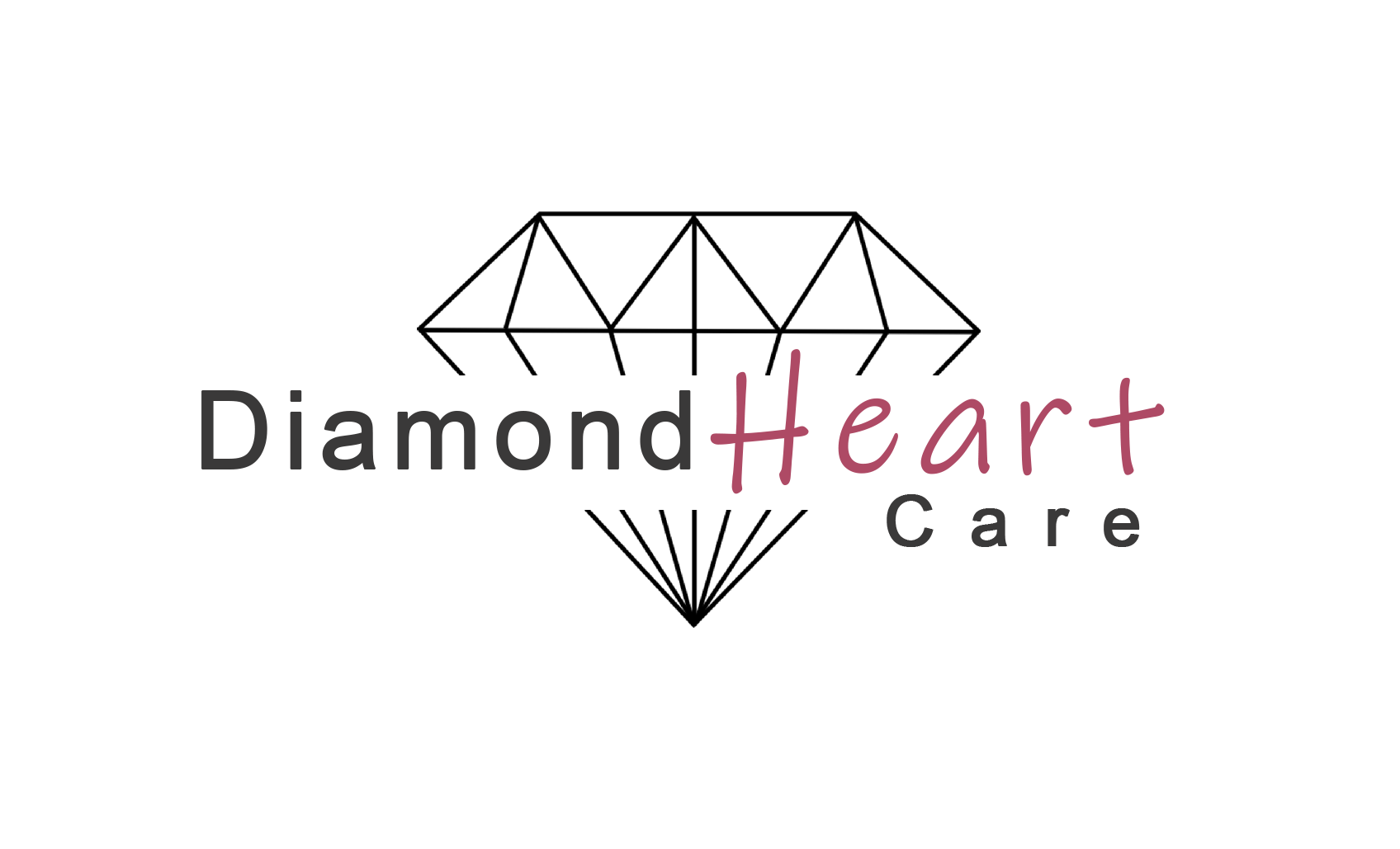Finding Balance in Heart Care: A Cardiologist’s Perspective

Cardiovascular disease is the number one cause of death in the adult civilized world. It does not discriminate on the basis of age, ethnic background, gender or geographic location. The magnitude of suffering and the cost of medical care that is directed at this illness is nearly astronomical.
There are many different causes of cardiovascular disease and the treatment options are extensive. The underlying etiology is still not completely identified, but elevated cholesterol, essential hypertension, cigarette use, diabetes and sedentary lifestyle are major acknowledged risk factors. Family history is also an important factor but family risk of CAD is often “muddied” by associated other risk factors such as cigarette use, hypertension and diabetes. As a consequence, it is my perspective the family history is 1 of the less important factors when considering the other major etiologies for the development of cardiovascular illness.
For the last 40 years, I have engaged in the care of an extensive variety of patients with a myriad of different cardiovascular illnesses. At the forefront of the disease is the presence of coronary artery disease. In an ideal world, prevention would be the hallmark of treatment for all cardiologists. In a large number of cases, however, the disease presents itself before an adequate degree of prevention can be undertaken. Screening for CAD also has its own set of burdens and obstacles due to cost issues, patient reluctance or disinterest and limited access to care.
The treatment for coronary artery disease and vascular disease has primarily been centered on technological advances and the refinement of medications that have a significant impact on cholesterol production and hypertension control. Sadly, very little emphasis has been directed at nutritional or non-pharmacologic methodologies. The medical profession in general and Cardiologists in particular seem to look askance at alternative therapies as if they are the products of an unenlightened public. In reality, however, the vast majority of medical training for the last 40 years has largely ignored complementary medical options and nutrition. In my experience, most physicians have only a rudimentary knowledge of nutrition, vitamin supplementation, dietary impact on health and disease and other complementary therapies such as massage therapy, music therapy, aromatherapy, prayer and meditation. I include myself among many of my fellow cardiologists who simply would not accept the scientific basis for many alternative therapy options even though my patients had a strong desire to engage in a trial of optional treatment. Largely due to my intransigence and arrogance, I likely alienated many patients by my unwillingness to allow them to engage in partnership with their health care.
The Internet has allowed for an extensive body of information to be disseminated regarding the field of medicine. For the untrained, this information can be both confusing and at times dangerous. There is no filter to allow inaccuracies to be siphoned out of the mainstream of information. Alternatively, there is a well-developed information regarding a myriad of different medical conditions and treatments that actually are quite beneficial. To the untrained individual, however, it can be extremely confusing. If we were to take a simple topic such as coffee consumption, one can find an incredible number of conflicting articles regarding the health hazards and the health benefits of this daily practice by so many of our population. Often, I am asked about the safety of daily coffee consumption, especially when I am caring for patients with heart rhythm abnormalities or high blood pressure. These types of questions are extremely important for patients to ask and they expect their doctor to be an expert in deciphering the confusing aspects of this topic. Unfortunately, physicians frequently do not have the time, energy or interest in finding the answers to these queries. As a result, the common answer is a non-answer! We tell our patients not to worry about such issues and we remind them to focus energy on their blood pressure issues or their blood sugar issues or their recent weight gain. It should not be surprising that patients leave our offices quite exasperated and disappointed. In reality, we have done nothing to assuage their concern. In addition, we have left him frustrated with our arrogance and glib attitude. This is not the approach that a healing profession should ignore or deny. Our patients trust us with their lives and their well-being.
The future of medicine will involve significant interplay between technologic advances and resource allocation. Payment structures for patients and hospitals are constantly in a state of flux and there is increasing focus on productivity and documentation. Physicians and allied health care workers are increasingly frustrated by the need for documentation to qualify for certain payment reimbursements. As a result, more computer time and less face to face interaction with patients occurs. Added to this mix is a scoring system that is tied to payments that involves patient satisfaction scores. Imagine a common scene where a patient arrives for a visit and waits more than 15 minutes to be seen. The physician hurriedly arrives and turns to the computer and asks several limited questions without allowing the patient to speak for any length of time. A cursory exam then leads to a focused diagnosis and treatment without any discussion regarding alternative therapies or lifestyle recommendations. Prescriptions are electronically sent and new appointments are discussed without so much as a hint of interpersonal skills. The patient is then moved to the front desk and is reminded that a survey will arrive within a few days to provide feedback on the patient experience. As the patient leaves, she remembers several issues that were not discussed but she is dismissed with the reminder that future appointment options will be necessary to address these concerns.
Is there any question that this experience will lead to dissatisfaction and anger? The 7-page survey that reliably arrives in a few days will be met with anger or indifference and a negative survey is returned. The critical unknown factor in this is that both the patient and the physician are losers in this scenario. The patient relinquishes time and information and the physician abandons the opportunity to guide and teach each patient. Medicare physician renumeration is somewhat dependent on high patient satisfaction ratings. Bad ratings result in lower physician payments. For physicians who want to avoid progressive salary reduction, more patients are added to the daily schedule and less individualized patient time results. Frustration and inefficient time management are the only victors when the negative survey is completed and returned. Both parties are unhappy. Everyone suffers.
More recently, value-based care has arrived on the horizon. This concept “rewards” physicians and hospital systems for measured value outcomes of certain diseases. The idea that a transition from a volume-based system (see more patients) to a value-based concept (improve patient quality and outcomes) seems both pragmatic and noble. Unfortunately, attempting to make this cultural transition for the medical profession will be a monumental task. Productivity has always been the method of financial reward in most industrial complexes. Quality control is a tempered method to sift out the good “producers” from the bad. This generally works well in the field of medicine as well, with quality measures and credentialing systems in place to maintain good physician care. When government mandates a cultural shift in its payment system, many perturbations will likely ensue. In one particular incidence, 30-day hospital re-admission rates for congestive heart failure were linked to payment in the Hospital Readmissions Reduction Program (HRRP). Unfortunately, this approach actually resulted in a higher mortality for CHF patients. JAMA. 2018;320(24):2542-2552
Where is this path leading us in the future delivery of quality health care? I don’t purport to hold the answer, but I would hope that the primary focus will be related to quality of time spent in direct connection with physicians and other health providers. Our most precious asset is time and patients and physicians simply cannot squander this resource on non-essential factors. Cardiovascular disease is the most pronounced health issue in the world. Thwarting its destructive course must be a top priority. Many of the risk factors for this disease are linked to the food that we eat, the activities that we perform and the habits that we fail to avoid. I feel both blessed by God and emboldened by my desire to help others in the pursuit of health. In my mind, all efforts must be focused on prevention. We know that simple things like seatbelts and smoking cessation programs have saved countless lives. Education regarding dietary choices, exercise programs and other novel preventative strategies can have a dramatic impact on long term health care costs and mortality. I believe that a reconfiguration of governmental payment systems must emphasize prevention. In my estimation, this is where value- based care truly exists. It seems highly unlikely, however, that payment systems will expand for such services in the current milieu of Medicare cuts. As a consequence, patients who want to enhance their health and reduce their cardiovascular risk will need to accept a much higher out of pocket cost for such services. This culture shift may be difficult for some individuals to accept, but individual health must be a pre-eminent concern for future happiness. The great Greek physician Herophilus invoked this reality thousands of years ago: “When health is absent, wisdom cannot reveal itself, art cannot manifest, strength cannot fight, wealth becomes useless and intelligence cannot be applied.” We cannot recoup the time or the cost of what I refer to as “unhealth” in our world.
We all must come to the realization that we are at a divergence between the concept of healthcare and individual health. We hear the constant mantra that healthcare is a human right. In some minds this may be a truism. What is lost in this ideology is that individual health is not a right. It is a choice. No individual is guaranteed the affirmation of good health by its government. Each of us must accept the responsibility for our own well-being and long-term quality of life. This “individual mandate” that I enjoin to everyone is not without cost or sacrifice. Yet long term health is eminently achievable. The father of all physicians, Hippocrates, recognized this concept when he wrote of this elemental concept with his great wisdom: “If someone wishes for good health, one must first ask oneself if he is ready to do away with the reasons for his illness. Only then is it possible to help him.”
I believe that we have arrived at a metaphorical precipice in health care delivery. The incidence of diabetes, hypertension and obesity are at all time high levels. All of these diseases are strongly linked to the development of cardiovascular disease. These illnesses must be the targets of treatment for committed future physicians and prevention must be at the absolute forefront of this strategy. The current practice of brief interaction and prescription writing must be largely abandoned if we are to succeed as a valued profession. Patients are much more educated and are seeking alternative strategies to achieve health. We must comply with this progressive mandate. Doctors must become the medical archers who hold the quiver boldly and apply the patience and the concentration to deliver the healing arrow. Let us all recognize that the true value that we provide in our health care delivery will become the enduring lifeline leading to true long-term happiness. We owe it to ourselves in this quest for excellence and we most assuredly owe it to our patients. Let us now begin the journey!
